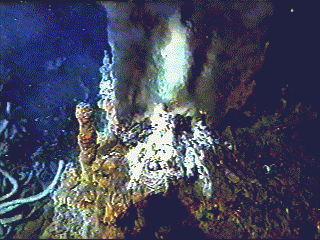“This idea is backed by research that finds that the psychological dimension
can be a first step in facilitating successful involvement, advocacy and
political action regarding environmental degradation. Providing a space
for environmental melancholia, a concept described by environmental
psychologist Renée Lertzman, could be relevant for the case of a retreating
glacier, because it describes ‘an arrested, inchoate form of mourning’ that
specifically addresses the experience of loss towards an object or environment.
Following in Elizabeth Meyer’s footsteps, the authors argue that
aesthetic experience could be landscape architecture’s key to address this
psychological dimension, because it has the capacity to shift human consciousness beyond inaction, and foster care to change behaviour.”
—Alexandra van Zyl & Rudi van Etteger, “Aesthetic Creation Theory applied: A tribute to a glacier”
In searching for the elusive core competency of landscape architecture, perhaps it is actually the preternatural ability to reject in every context—no matter how close it comes to your own conclusion—the idea that emotions might be an end rather than a means.
